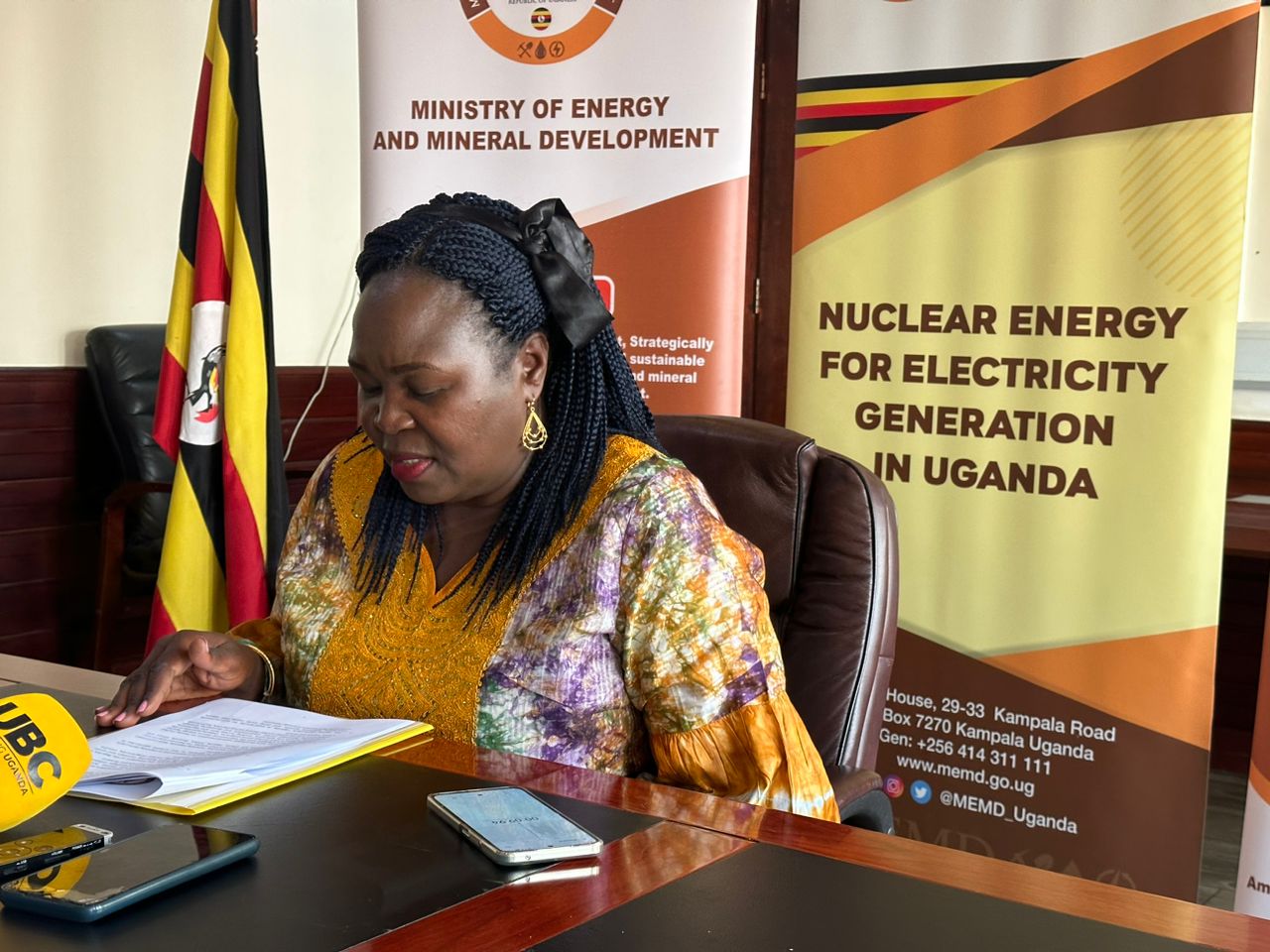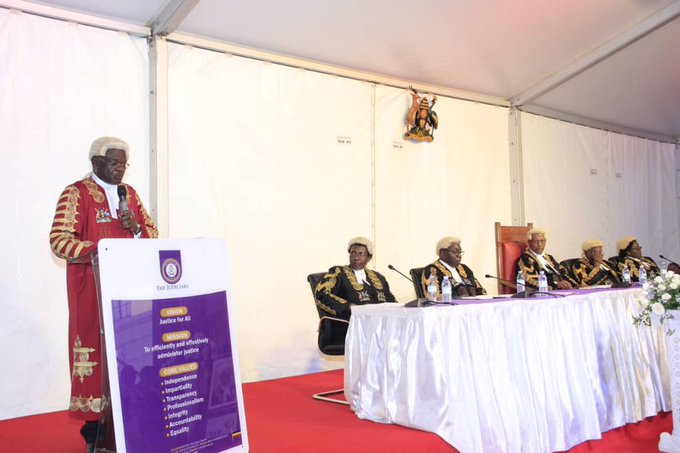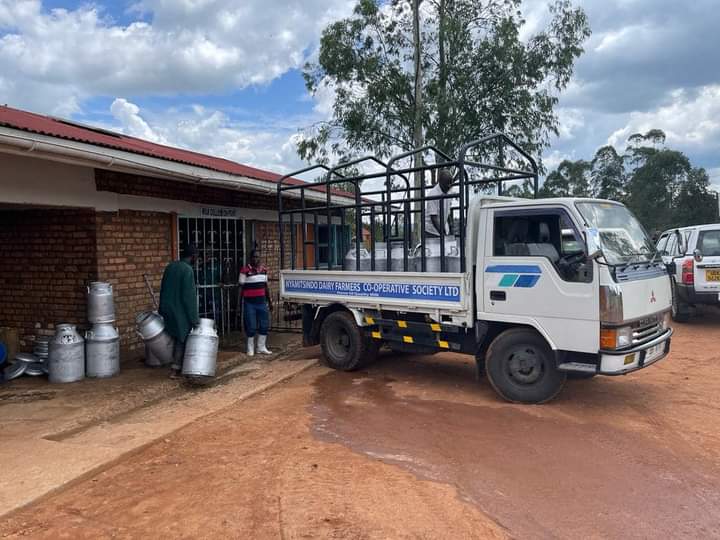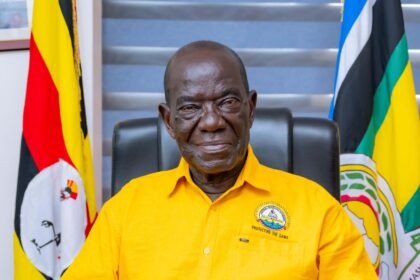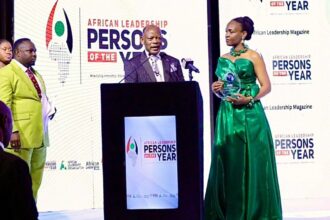The Minister of Energy and Mineral Development, Ruth Nankabirwa has revealed that Uganda is currently far more interested in having more sources of nuclear energy than Hydro Electricity Power.
While addressing journalists in Kampala on Thursday about the forthcoming Africa Nuclear Business Platform 2023 (AFNBP 2023) due to take place next week on Tuesday at Speke Resort Munyonyo, the Minister said this is the right time for Uganda to also join other African countries such as South Africa, Nigeria, Rwanda among others that have embraced the use of nuclear energy.
Nankabirwa also explained that although Uganda had embarked on diversifying the electricity generation mix to address the electricity crisis of 2005, predominantly Hydropower to develop all the available generation potential, currently, research has shown that nuclear energy is the way to go.
“Studies conducted in the energy sector, electricity generation from hydro, biomass, geothermal and peat potential have shown that even if we fully develop the Hydropower system, we cannot meet Uganda’s Vision 2040 targets. Therefore, Uganda is making firm steps to integrate nuclear energy into the electricity generation mix to ensure energy security and provide sufficient electricity for industrialization. In addition, the government has identified nuclear as part of Uganda’s energy transition plan. It continues to invest in developing the requisite infrastructure, including human capital development in specialized areas to support the early development of nuclear power,” she said.
Nankabirwa further explained that the region, particularly Uganda, is experiencing an ever-increasing population, economic growth, and rising social needs that require sustainable development of energy resources and nuclear energy is one of the possible solutions.
She noted that seven sub-Saharan African countries, including Uganda, have committed to having nuclear energy as part of their energy mix between 2030 to 2037. The other countries are Ghana, Nigeria, Sudan, Rwanda, Kenya and Zambia.
“All these countries have developed national positions on having nuclear energy and have engaged with the International Atomic Energy Agency (IAEA) to assist in their nuclear power programs. Ongoing activities in the countries include site selections, drafting nuclear laws and regulations, establishing dedicated nuclear organizations and developing strategic cooperation with key global nuclear nations such as the USA, South Korea, China, France and Russia,” said Nankabirwa.
It must be recalled that in 2021 when Uganda hosted the IAEA Integrated Nuclear Infrastructure Review Mission (INIR Phase1) to evaluate the status of nuclear infrastructure development,the experts made recommendations and suggestions to the Uganda Nuclear Power Programme and identified good practices in national position, stakeholder involvement and local industrial involvement.
According to Minister Nankabirwa, Uganda has now taken significant steps towards implementing the INIR recommendations and suggestions to support the development of its nuclear power programme.
Among these is the preparation for the amendment of the Atomic Energy Act, 2008, to strengthen the legal regime for nuclear safety, security, safeguards for nuclear material, civil nuclear liability and maintaining the nuclear institutional framework.
In addition, preparation to evaluate the Buyende Nuclear Power Plant site is ongoing to pave the way for the first nuclear power project expected to generate 2,000MW, with the first 1000MW to be connected to the national grid by 2031.
However, the Minister asserted that for a successful nuclear power program, international support is vital to involve global bodies governing the use of Nuclear.
“The involvement of global multinational bodies such as the IAEA and the International Framework for Nuclear Energy Cooperation (IFNEC) in African countries’ nuclear power program development will be crucial, given their extensive experience and knowledge. In line with this, the Deputy Director General of the IAEA, Mikhail Chudakov and the chairperson of IFNEC, Aleshia Duncan, will be attending AFNBP 2023,” she said.
Meanwhile, the Ministry of Energy and Mineral Development is to host the AFNBP 2023 with the Nuclear Business Platform where over 300 stakeholders from the international nuclear community expected to converge at Speke Resort Munyonyo.
AFNBP 2023 will also bring together the key stakeholders pursuing nuclear energy implementation to understand and discuss nuclear energy developments in Africa and explore areas of strategic collaborations to move Uganda and African countries’ nuclear industry forward.
The Conference presents an excellent opportunity to Uganda, particularly, and the African continent in general, to find suitable approaches to challenges in the nuclear industry.
Do you have a story in your community or an opinion to share with us: Email us at Submit an Article



